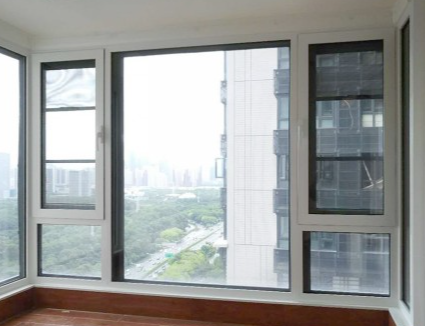
When we are faced with changes in warm and cold climates, we often choose soundproof windows to keep the temperature constant and at the same time isolate external noise. But, do soundproof windows really soundproof? This is a topic that needs to be explored.
First of all, soundproof windows are a new type of windows created by improving traditional windows. In theory, soundproof windows can greatly reduce the transmission of external noise, thereby providing a quieter living environment. This is because soundproof windows use a composite structure and soundproof glass, which can effectively reflect, absorb and refract sound waves, thereby reducing the impact of sound passing through the glass into the room. Therefore, soundproof windows are often seen as the ideal solution to noise and temperature problems.
However, the sound insulation effect of soundproof windows is not absolute. Several factors can affect their soundproofing capabilities. The most notable problem is the tightness of the window frame. If the window frame is not completely sealed, noise can still enter the room through the opening. In addition, some soundproof windows may use unsuitable materials or poor workmanship, which may also reduce their soundproofing ability. These factors mean that even installing soundproof windows may not completely eliminate external noise.
In addition to the factors of the soundproof window itself, there are other factors that may affect the sound insulation effect of the soundproof window. For example, sounds like heavy traffic outside your home, construction on a construction site, or outdoor celebrations can be difficult to eliminate. In addition, the sound insulation effect of soundproof windows is also related to the indoor environment, such as curtains, carpets, walls and furniture. These items may absorb some of the sound, improving soundproofing. Therefore, while installing soundproof windows, improving the indoor environment will help improve the sound insulation effect.
In general, soundproof windows can significantly improve noise problems in residential environments, but they cannot completely eliminate external noise. For best results, attention needs to be paid to the tightness of the window frame and the quality of the soundproofing window itself. In addition, improving the indoor environment can also help to improve the sound insulation effect. When purchasing soundproof windows, it is recommended to choose a reliable brand and manufacturer to ensure high-quality soundproof windows.


